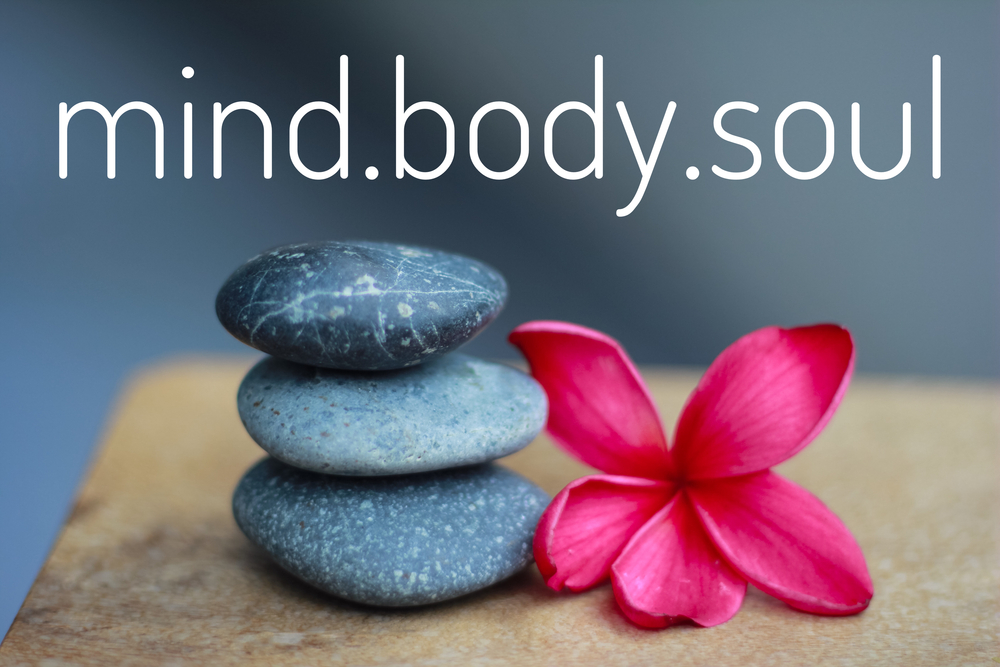
Emotional regulation is a key factor in life satisfaction and overall wellbeing. When we can regulate our emotions, we feel empowered and have a healthy self-esteem. We gain a deeper understanding, patience and acceptance both of ourselves and of others. We communicate more effectively because we know where we're coming from and what's going on within us.
This goes further than a typical situation that evokes anger and frustration in a social setting where you may not want to reveal how you truly feel. Here, I'm talking more about our internal experience of emotions and how we can work with them and process them in a healthy way. An important note: we do have to work with emotions because they are what they are, we can't really work against them (think avoidance or denial) and we can't overcome them. In other words, emotions don't just disappear or go away and they do need to be worked with and processed.
The reason this is so important is because emotions get stuck or sit in the body if they aren't directly expressed. Thinking our way out of emotions does not work. We need ways of accessing the body so we can release stuck emotions in a healthy way.
This is where somatic practices can be helpful. Somatic therapy is a modality historically used in trauma work and is now being applied to other areas of mental health such as chronic stress, anxiety and depression.
The following techniques can help us develop a sense of grounding and centering in the body, become proficient in tracking bodily sensations and feelings and facilitate the discharge of activation from the fight-flight-or freeze response.
You have all the resources you need to calm and soothe yourself. You can regulate your emotions.
Here are some ways to begin:
Tune in to the physical body. This involves simply noticing the internal sensations in the body. Take a few minutes and you will feel a shift. Make it a regular practice and tune in daily so you'll be better equipped during times of distress.
Take some soothing breaths. Slow deep breathing, with a longer exhalation than inhalation, engages the parasympathetic nervous system and calms the body. Working with the breath will help you hone the skill of recognizing and observing what is happening in the body, which will enable you to better regulate your emotional response.
Ground yourself. This can include both earthing and the grounding exercises.
Earthing is when you put your feet on the ground to absorb negative ions form the earth, which has many benefits including improved cognitive functioning, reduction of inflammation and regulation of nervous system function. Stand on any conductor of electrical energy, such as grass, sand, dirt, concrete or wood for 10-20 minutes.
A good grounding exercise is the 5-4-3-2-1 technique where you focus on your five senses and identify five things you see, four things you hear, three things you can touch, two thing you smell and one thing you taste.
Hum or sing. Making sounds and vibrations with your voice can be a way to discharge activation of the fight-or-flight response.
Shake it off, literally. When animals are in distress, they can be seen shaking or trembling, which is their nervous system releasing the excess energy of stress and completing the cycle of repair. As humans we can get stuck in the middle of that cycle causing us to be in a more prolonged state of fight-or-flight or immobilization.
Different kinds of movement can be helpful here. A good example is helicopter arms: stand up with your arms at your side and gently swing them to the front and back of your body for a few minutes. You can also imagine that you're shaking off sand from the body.
Splash cold water on your face, hold an ice cube in your hands or put on some freezer socks. (Keep a pair of socks in your freezer.) This method is mostly helpful if you are in a state of depression, disconnection or dissociation.
Knowing how to work with your emotional responses by accessing where they sit in the body and practicing the skills of self-regulation will reset and repair your nervous system.
Remember, there are no "wrong" emotions. You can express what you need to express and you don't have to hold back. You just need a safe place to do so. Always reach out to a licensed mental health practitioner for support and guidance when needed.
Get the brand new FREE 9 Attitudes of Mindfulness guide
A great quick and easy reference to practice non-judgement, beginner's mind gratitude & more!
